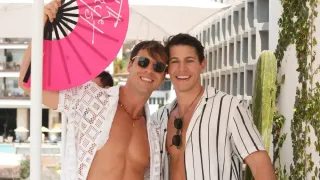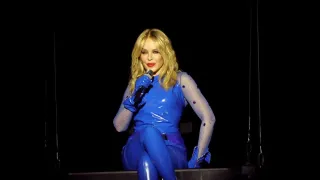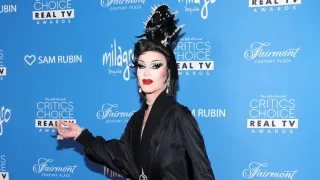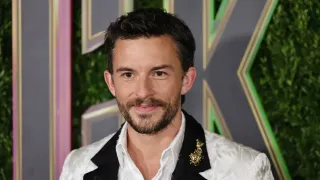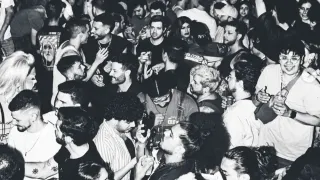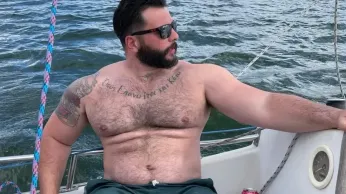
2 hours ago
Giuseppe Catanzaro Is More Than a Thirst Trap, He’s a Bear Trap
Timothy Rawles READ TIME: 15 MIN.
Giuseppe Catanzaro says he can already speak six languages and he’s definitely speaking ours.
He calls himself a nerd, and fitness and mindfulness enthusiast. And oh yeah, he likes to travel. It’s the one thing he posts often about, and we are here for the postcards.
When this sexy bear isn’t on the road, he’s busy with house renovations, workouts and sailing. It’s an active life all around and happily he lets us in on his day to day.
Giuseppe is a bear who doesn’t appear to hibernate. In fact, this grizzly is not taking any naps especially on social media where winter is just another season to snap sexy selfies and thirst traps.
He even has an OnlyFans where he says he has “tons of fun.” He loves doing live feeds and talking directly to his hungry fans. This bear loves honey!
Being from chilly Colorado, Giuseppe always seems to have his shirt off and his ursine fans wouldn’t have it any other way.
With a winter coat across his chest and a girthy midsection to ward off the winter famine Giuseppe is a bruin we’d like to ruin.
